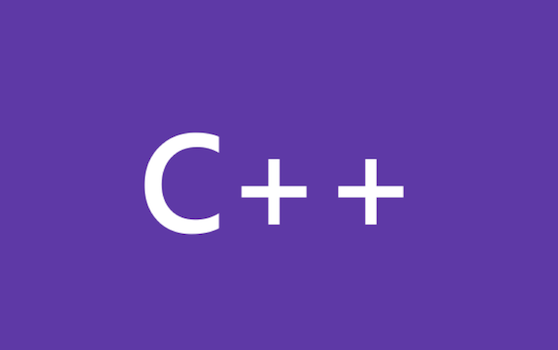Solving the Static Initialization Order Fiasco with C++20--Rainer Grimm
Are you aware of the problem?
Solving the Static Initialization Order Fiasco with C++20
by Rainer Grimm
From the article:
According to the FAQ of isocpp.org is the static initialization order fiasco "a subtle way to crash your program". The FAQ continues: The static initialization order problem is a very subtle and commonly misunderstood aspect of C++. ". Today, I write about this very subtle and misunderstood aspect of C++.

 This year, CppCon 2020 is
This year, CppCon 2020 is  This year, CppCon 2020 is
This year, CppCon 2020 is  Ready to try them?
Ready to try them?